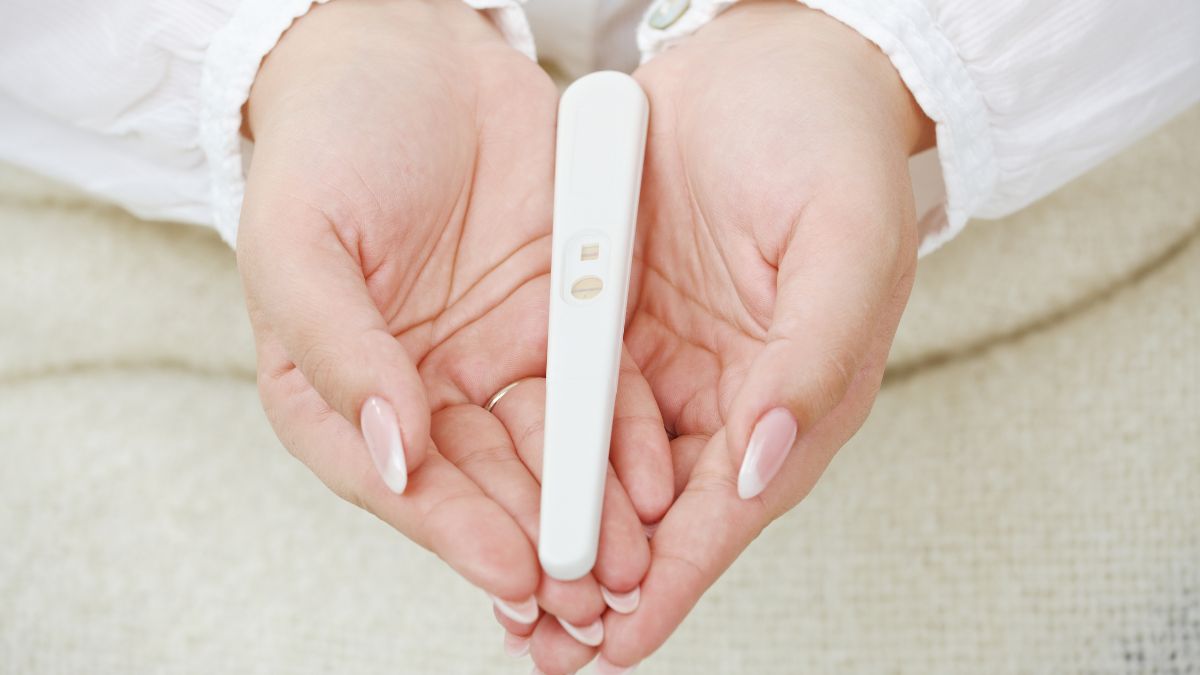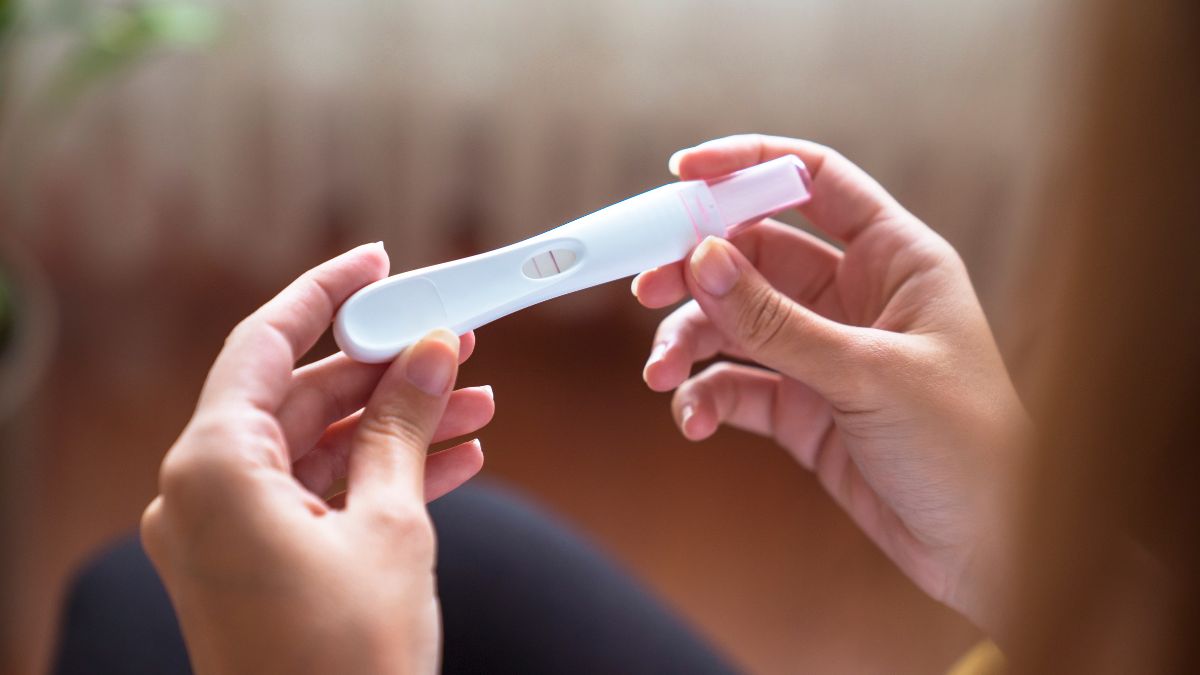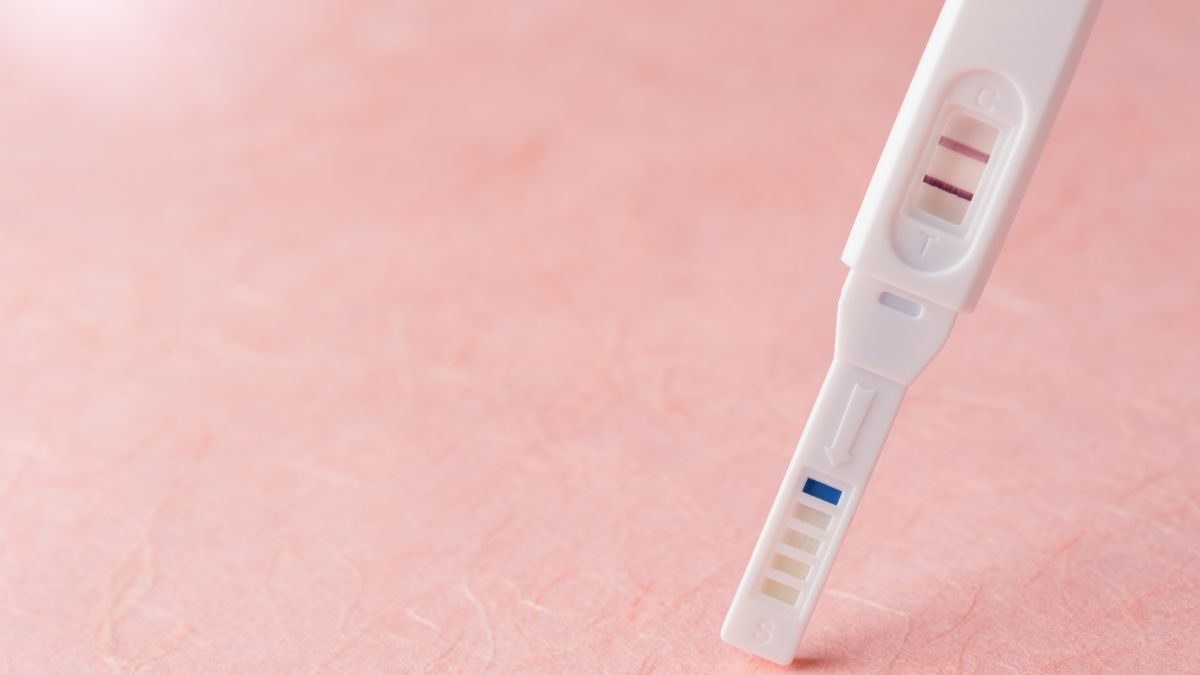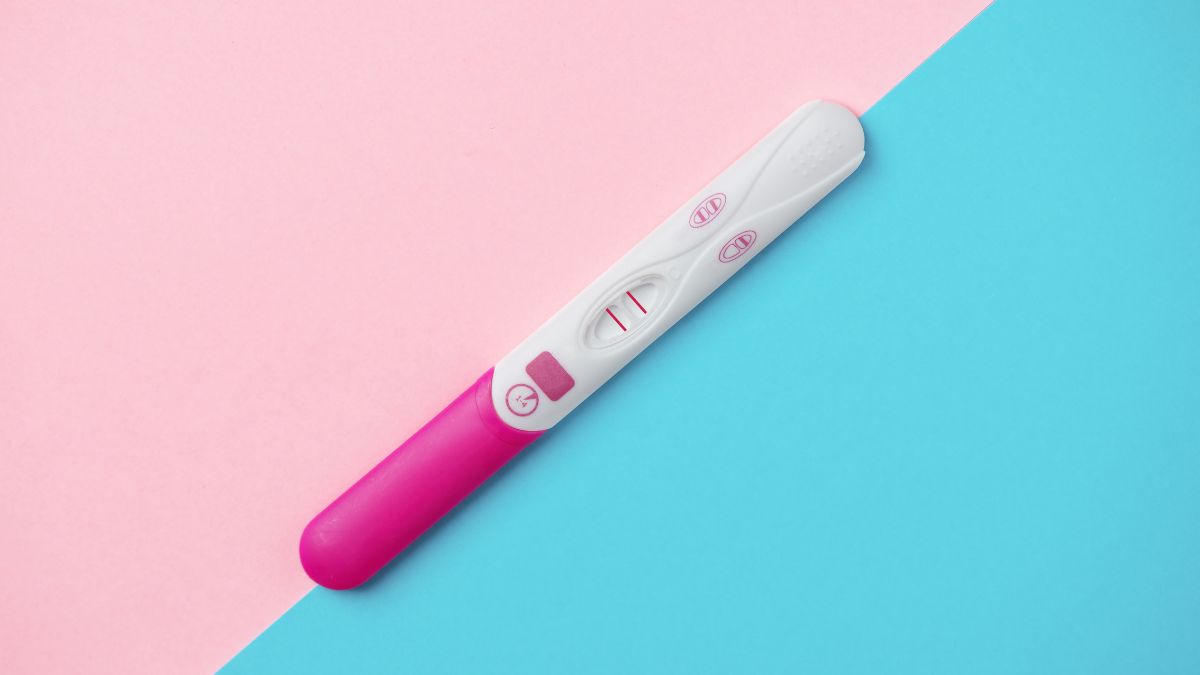Discover the truth about pregnancy tests and yeast infections. Can a yeast infection cause a false positive pregnancy test? Uncover the facts and implications in this insightful exploration of the relationship between yeast infections and pregnancy test results with mucusplug.net!
Can a yeast infection cause a false positive pregnancy test?

Can a yeast infection lead to a false positive result on a pregnancy test? The answer is generally no. Over-the-counter remedies designed to address yeast infections typically do not interfere with the accuracy of home pregnancy tests. This means that individuals who are currently experiencing a yeast infection or undergoing treatment for it can confidently proceed with taking a pregnancy test without worrying about the test results being affected.
It is worth noting that the presence of a yeast infection may actually be indicative of pregnancy, as hormonal changes during pregnancy can sometimes contribute to the development of such infections.
However, it’s crucial to distinguish between yeast infections and urinary tract infections (UTIs) in this context. Unlike yeast infections, UTIs could potentially impact the accuracy of a pregnancy test.
Therefore, if someone suspects they have a UTI, they should exercise caution and consult with a healthcare professional for appropriate guidance on when and how to take a pregnancy test. In summary, while yeast infections are unlikely to cause false positives, it’s important to be aware of the potential influence of UTIs on pregnancy test results.
>Related post: Sex after IVF positive pregnancy test: Facts you should know
What infections can cause a false positive pregnancy test?

Various medical conditions and treatments have been identified as potential culprits for causing false positive pregnancy test results. One such condition is molar pregnancy, a rare abnormality where the growth of tissue in the uterus is abnormal and leads to a false perception of pregnancy.
Additionally, the presence of rare antibodies in the body can trigger a false positive result. Hydroxychloroquine (HCQ) injections, a medication used for conditions like rheumatoid arthritis and lupus, have also been associated with misleading pregnancy test outcomes.
Furthermore, medical interventions such as chemotherapy, aimed at treating cancer, can interfere with the hormonal balance and produce false positives. Urinary tract infections, though seemingly unrelated to pregnancy, can impact the accuracy of pregnancy tests. Kidney diseases that result in the presence of blood or white blood cells in the urine can also contribute to false positive readings.
Germ cell tumors of the ovary, a subtype of ovarian cancer, are another factor that can cause misleading results. Additionally, pituitary problems, though exceptionally rare, have been linked to false positive pregnancy tests. This detailed exploration of the potential causes underscores the importance of considering various medical factors when interpreting pregnancy test results.
>Related post: Can you eat kimchi while pregnant? Is kimchi safe for pregnancy?
Is a yeast infection an early pregnancy symptom?

A yeast infection, also known as candidiasis, is a common occurrence in women and can manifest at any time, though it tends to be more prevalent during pregnancy, especially in the second trimester. This increase in susceptibility is often attributed to hormonal changes that create an environment conducive to yeast overgrowth.
If you are pregnant and observe symptoms indicative of a yeast infection, such as itching, burning, or unusual discharge, it is crucial to consult with your healthcare provider promptly. Even if you have experienced a yeast infection in the past, pregnancy can alter your body’s dynamics, and professional guidance is essential to ensure appropriate and safe treatment.
Addressing a yeast infection during pregnancy is particularly important, as untreated infections may pose risks to both the mother and the developing fetus. Therefore, maintaining open communication with your healthcare provider is crucial for timely diagnosis, management, and the well-being of both you and your baby.
What happens if a yeast infection goes untreated while pregnant?

When a yeast infection during pregnancy goes untreated, it introduces potential risks that extend beyond the commonly understood background risks associated with pregnancy. Initially, every pregnancy carries a 3-5% chance of birth defects and a 10-15% chance of miscarriage, constituting the inherent background risk.
However, when a yeast infection is not addressed, the repercussions may become more specific and impactful. The untreated infection has the potential to be transmitted to the baby during the process of labor and delivery. This transmission can lead to the development of a condition known as “thrush” in the baby’s mouth.
Thrush is a fungal infection caused by the Candida yeast, and its manifestation in infants can result in discomfort and potential complications for the newborn. Consequently, addressing and treating yeast infections during pregnancy becomes crucial not only in mitigating the general background risks but also in preventing specific complications that may arise due to the transmission of the infection to the baby during childbirth.
>Related post: Is red light therapy safe during pregnancy?
How hard is it to get pregnant with a yeast infection?

Many women undergo the distressing symptoms of itching and burning irritation linked to a vaginal yeast infection at least once in their lives. This common occurrence, while uncomfortable, typically doesn’t lead to any substantial alterations in the reproductive system and generally has no adverse effects on fertility.
It’s essential to note that fertility is influenced by a multitude of factors, and a yeast infection alone is unlikely to significantly impact one’s ability to conceive. However, it’s crucial to maintain overall reproductive health, and if persistent issues arise or if you are actively trying to conceive, consulting with a healthcare professional is recommended.
Understanding the intricacies of reproductive health, hormone levels, and the general well-being of the reproductive organs provides a comprehensive perspective on fertility beyond the context of a yeast infection.
>Related post: Melasma during pregnancy boy or girl?
Can a yeast infection cause a false positive pregnancy test? In conclusion, while yeast infections can cause some confusion in pregnancy test outcomes, it’s essential to rely on accurate information and consult healthcare professionals for reliable guidance. Understanding the nuances of these factors ensures informed decisions and proper reproductive health management.

